- Automobiles & Motorcycles
- Beauty & Personal Care
- Business Services
- Chemicals
- Construction & Real Estate
- Consumer Electronics
- Electrical Equipment & Supplies
- Electronic Components & Supplies
- Energy
- Environment
- Excess Inventory
- Fashion Accessories
- Food & Beverage
- Furniture
- Gifts & Crafts
- Hardware
- Health & Medical
- Home & Garden
- Home Appliances
- Lights & Lighting
- Luggage, Bags & Cases
- Machinery
- Measurement & Analysis Instruments
- Mechanical Parts & Fabrication Services
- Minerals & Metallurgy
- Office & School Supplies
- Packaging & Printing
- Rubber & Plastics
- Security & Protection
- Service Equipment
- Shoes & Accessories
- Sports & Entertainment
- Telecommunications
- Textiles & Leather Products
- Timepieces, Jewelry, Eyewear
- Tools
- Toys & Hobbies
- Transportation
Welding Positioners vs. Welding Turntables: Which Is Right for You?
In the world of welding, efficiency, precision, and safety are paramount. Welding positioners and welding turntables are two essential pieces of equipment that play a crucial role in achieving these goals. However, choosing between them can be a critical decision, as each has its own set of advantages and applications.
Understanding Welding Positioners
Welding positioners are devices designed to hold and rotate a workpiece during welding. They come in various configurations, including tilt and rotate or tilt, rotate, and lift models. Here's a closer look at their features:
Advantages of Welding Positioners:
Precise Control: Welding positioners offer precise control over the orientation of the workpiece, allowing welders to access all angles and joints easily.
Increased Efficiency: By eliminating the need for manual repositioning, welding positioners significantly increase welding efficiency.
Enhanced Safety: Welders can work in a more ergonomic and comfortable position, reducing the risk of accidents and improving safety.
Improved Weld Quality: Positioners ensure consistent weld quality by maintaining a constant angle and speed during the welding process.
Common Applications of Welding Positioners:
Pipe welding
Circular welds
Fabrication of tanks and vessels
Aerospace and automotive components
Understanding Welding Turntables
Welding turntables, on the other hand, are designed to rotate the workpiece itself while keeping the welding torch stationary. They can be horizontal or vertical and vary in size and load-bearing capacity.
Advantages of Welding Turntables:
Versatility: Turntables are versatile and can handle a wide range of workpiece sizes and shapes, making them suitable for various welding applications.
Further reading:What are the advantages of using Gang Type CNC Lathe over traditional methods?
Water-Resistant and Explosion-Proof AC Slip Ring Motors for Harsh Environments
7 Reasons For Valve Grinding Machine Chatter
How To Maintain Gate Valve Grinder Machine
How DC Portable Water Chillers Improve Home Office Environments?
Welding Precision: Using Pipe Pinching Rotators for Seamless Pipeline Construction.
What Is a PC Special Blow Molding Machine?
Reduced Operator Fatigue: Welders can stay in one position, reducing physical strain and fatigue.
Cost-Effective: They are often more cost-effective than welding positioners, making them an attractive option for smaller workshops or occasional use.
Compact Design: Welding turntables typically have a smaller footprint, making them suitable for workshops with limited space.
Common Applications of Welding Turntables:
Welding of circular or cylindrical components
Rotating welds on pipes
Production line welding
Which One Is Right for You?
The choice between welding positioners and welding turntables depends on several factors:
Workpiece Size and Shape: If you primarily work with cylindrical or circular components, a welding turntable may be more suitable. For larger or more complex workpieces, a welding positioner offers greater flexibility.
Welding Volume: Consider your welding volume. If you have high production demands, a welding positioner's efficiency may be more beneficial.
Budget: Welding positioners tend to be more expensive than welding turntables. Assess your budget and long-term needs.
Workspace: Evaluate the available space in your workshop. Welding turntables are generally more compact.
Application Specifics: Your specific welding requirements, such as joint configurations and weld angles, also play a significant role in the decision.
Welding positioners and welding turntables are indispensable tools in the welding industry, each with its own advantages and applications. To determine which one is right for you, carefully assess your specific welding needs, budget, and workspace constraints. Whether you choose a welding positioner or a welding turntable, both can greatly enhance your welding efficiency, precision, and overall safety.
How Commercial UV Sterilizers Improve Indoor Air Quality in Businesses
The Role of Flying Shear Quick Straightening and Cutter in Steel Mills
What are the environmental benefits of using electric wheel loaders?
Getting Started with Plasma cutting machine: Essential Techniques for Beginner
How To Maintain Scissor Lifts And Boom Lifts?
Electromagnetic Induction Water Heater Theory and Advantage
Industrial Giants: Where Four-Row Cylindrical Roller Bearings Shine
Related Articles
If you are interested in sending in a Guest Blogger Submission,welcome to write for us!




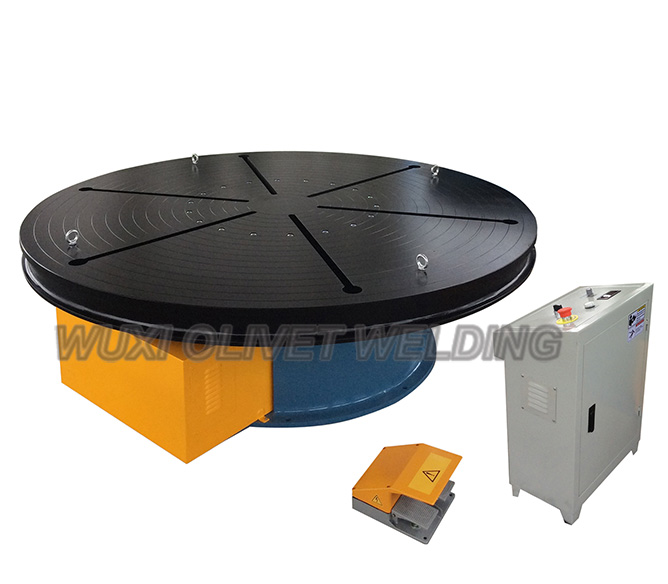
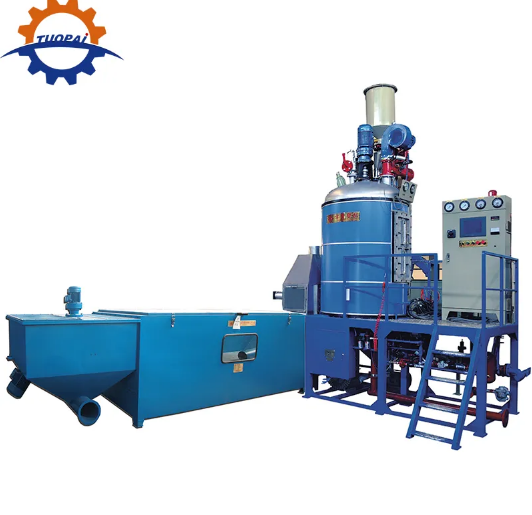
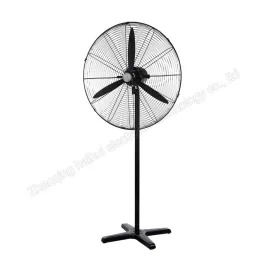
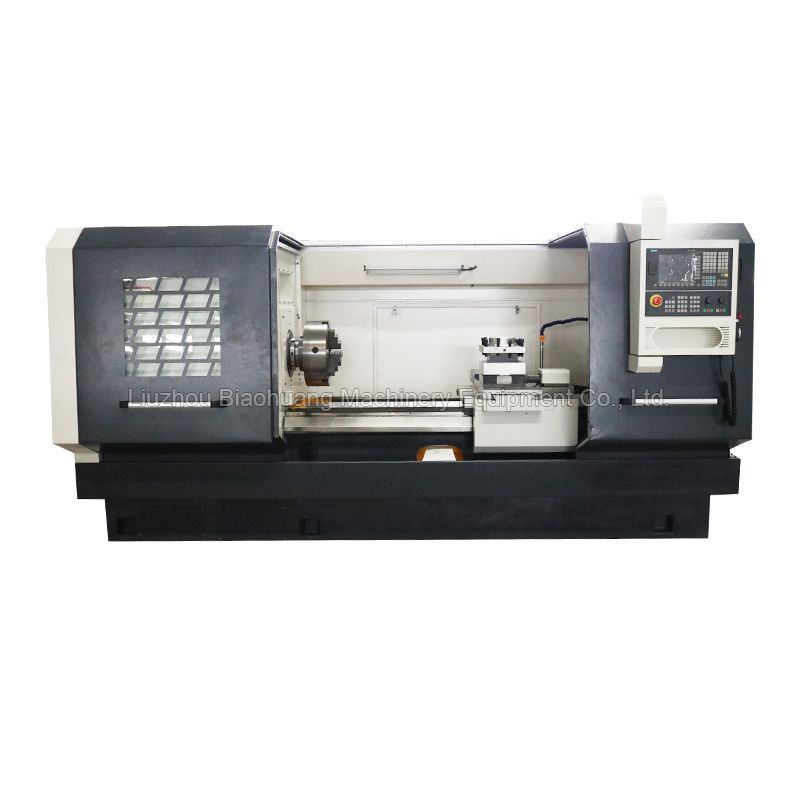
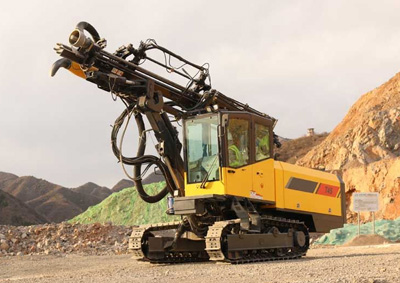
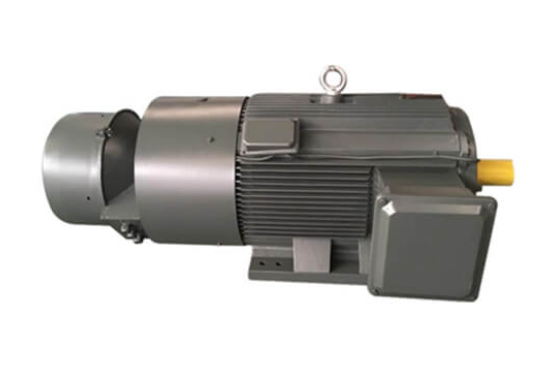
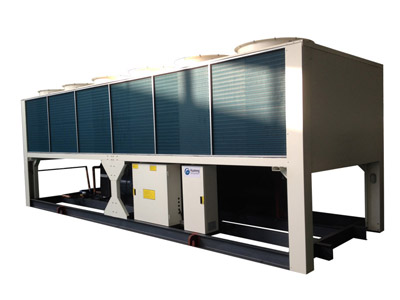
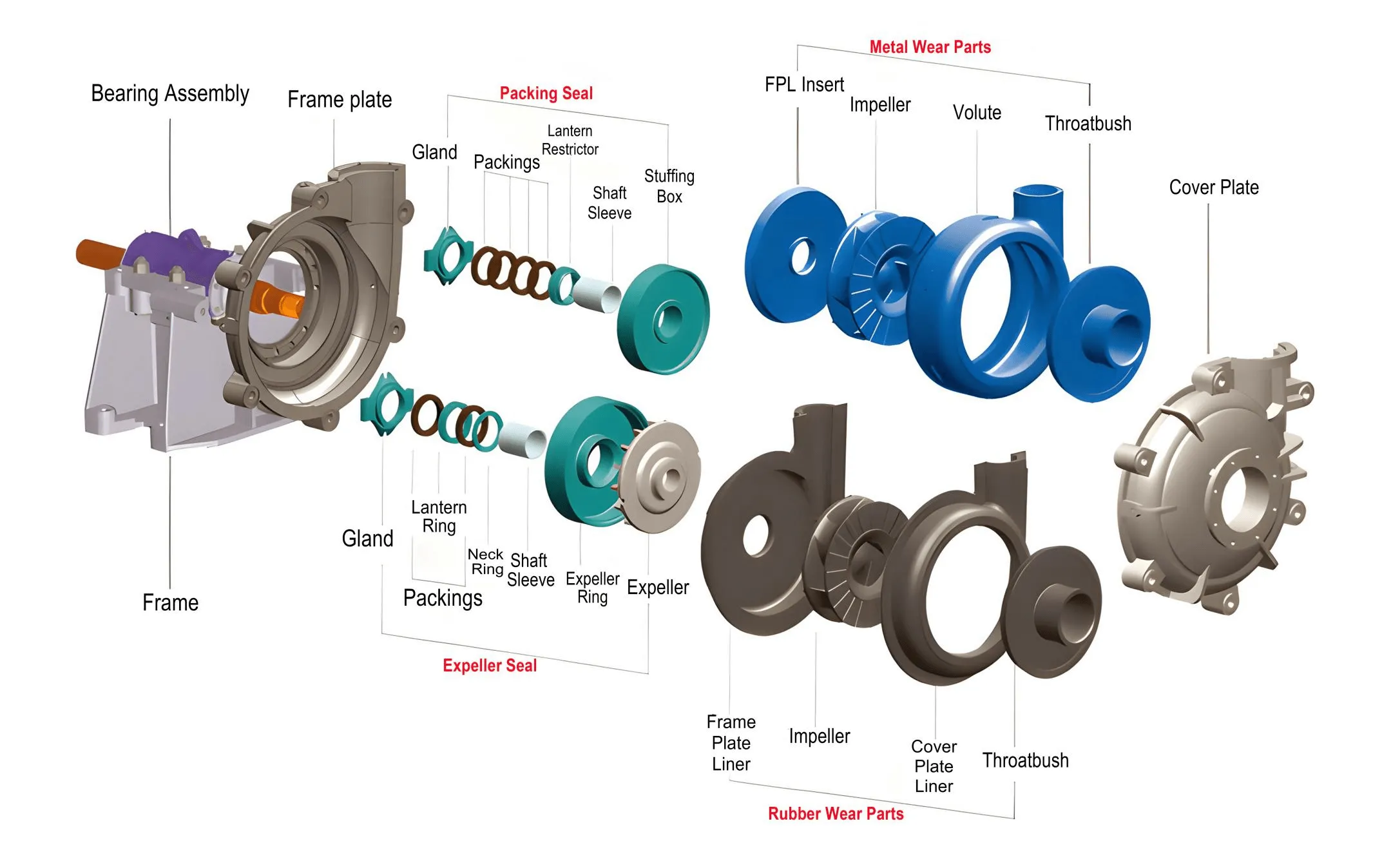
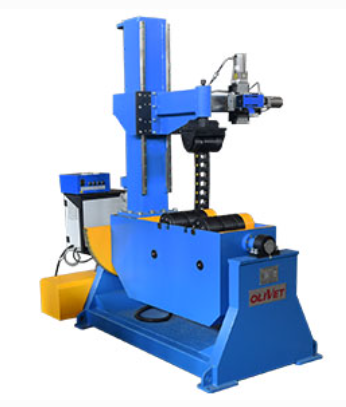
Comments
0